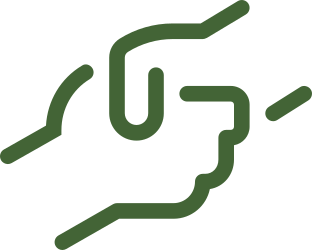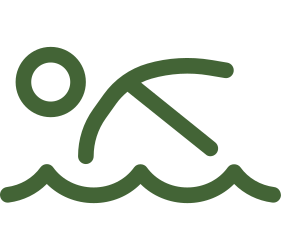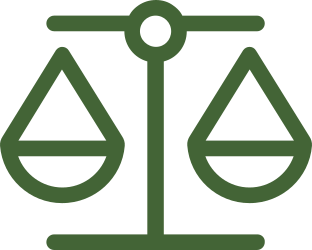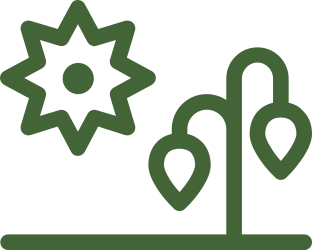In adult education, the educator’s main role is to give participants the opportunity to learn. To do so, he/she has to take on different roles. In practice, these roles do overlap and complement each other. Nonetheless, a good educator needs to be able to analyse what role is required in each situation.
Here is a list of possible roles. Depending on the objectives and settings of the teaching, the the relevance of particular roles will vary.
Expert

Not so long ago access to information was a privilege of teachers, researchers, and experts. They held the knowledge and were responsible for spreading it. Thanks to the Internet, access to information has become widely available to most people. As a result, the traditional trainers’ task of providing information has become less important. However, a trainer’s experience and background knowledge enables him/her to be a catalyst and expert who is able to select what is most relevant to the learners and to help the learners by placing this information in the right context. What hasn’t changed is the ability of a good trainer to explain complex issues in an understandable way and demonstrate how this information can be applied by the learners.
Actions that reflect this role:
- Interest in the topic, actively looking for new materials and resources.
- Carefully selected content, filtered through one’s own experience.
- Clearly structured content.
- Clear presentation skills.
- Generate participants’ interest in the topic through the use of interactive methods.
- Foster the participants’ curiosity.
- Linking information to the participants’ own experience.
Supporter

The Supporter values the learners’ life experience and existing competencies. He/she is aware that a lack of confidence and low self-esteem are the main reasons for people failing in education. Therefore, showing support and motivating learners are important aspects of the teaching process.
Actions that reflect this role:
- Create a positive learning environment.
- Show interest in the learner’s background.
- Be patient.
- Be prepared to offer individual support.
Guide and Coach

Helping set realistic objectives and showing the learner how these can be reached will increase the learners’ motivation and make the learning more effective. Supporting learners in tackling their weaknesses and improving their skills are typical tasks of a coach.
Actions that reflect this role:
- Ensure that the information provided and the skills taught are applicable in the participants’ work and life.
- Motivate participants to reflect on their strengths and weaknesses and support them in changing their habits and attitudes.
- Provide feed back.
Facilitator

The Facilitator helps learners make use of their strengths. He/she ensures that the group’s potential is developed and put to good use. Don’t underestimate the “wisdom of crowds” — there is hardly a task a group can not accomplish and in most cases the results will exceed the trainers expectations – however, one must trust the learners and give them the opportunity to show their potential.
Actions that reflect this role:
- Structure the process and offer tools for group work.
- Involve participants in setting aims and creating the content.
- Make processes transparent.
- Document processes and results.
Judge

The Judge assesses the learners’ progress. He/she also creates an environment in which people can openly provide feed back to each other.
Actions that reflect this role:
- Fair and transparent assessment process.
- Use of different sources for assessing results.
- Communicating results of the assessment, showing progress.
- Create a trusting environment in which people can share their positive and negative observations.
Role model

Nobody is better positioned than the trainer to disperse the learners’ existing negative stereotypes about learning.
Actions that reflect this role:
- Compliment what is said with demonstrations.
- Be fully aware why you are doing what you are doing at all stages in the process.
- Be self-critical and look for ways to do differently tomorrow what you did today.


